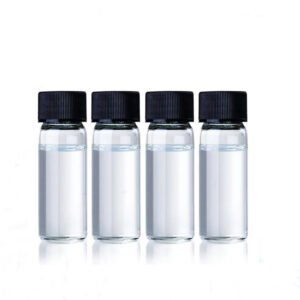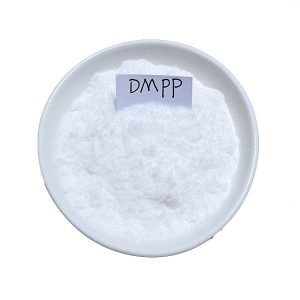Polyaspartic acid (PASP) are biodegradable high molecular weight polymer, with the characteristics of no pollution, long-term effective and completely biodegradable. And the structure characteristics of peptide bond and active group such as carboxyl group, it has powerful functions such as chelate, dispersion, and adsorption, etc. and also compatibility well.
We use Polyaspartic acid(PASP) in the field of green agriculture development. It has the advantages of long-chain protein properties and anionic surfactants.
As a fertilizer synergist, PASP can intensify the overall absorption of N, P, K and trace elements by crops. The effect is remarkable. It is suitable for a variety of crops and soils.
The functions of Polyaspartic Acid (PASP):
1. Improve the utilization rate of fertilizer
The test shows that after applying polyaspartic acid, the nitrogen, phosphorus and potassium nutrients in the soil maintain a high availability in each period. About 20% of chemical fertilizers can be saved, and the symptoms of nutrient deficiency are not easy to occur.
2. Increase crop yield
The mixed use of polyaspartic acid and chemical fertilizers for different crops reflects the same results: the yield increases by about 5% to 30%, and so the economic benefits are significantly improved.
3. Improve crop quality
Polyaspartic acid achieves a coordinated supply of crop nutrients and improves crop quality by promoting the absorption of medium and trace elements. And it avoids malformed fruits, bald tips, cracked fruits and poor coloring caused by malnutrition and hormone use.
4. Promote root growth and enhance stress resistance
Polyaspartic acid is not a hormone, but it can effectively promote the development of crop root system. It can make crops grow longer roots and more root hairs, increase the surface area of roots, improve the ability of crops to absorb nutrients. And enhance crop resistance to lodging and drought, disease resistance and other stress resistance.
5. Green and environmental protection, improving soil
First, polyaspartic acid itself is an environmentally friendly product. It is non-toxic, non-polluting, degradable, hormone-free, heavy metal-free, and without any side effects.
Second, polyaspartic acid can reduce the adverse impact of excessive fertilization on the environment, and can also activate the nutrients in the soil in a fixed state, It can not only improves the fertilizer utilization rate, but also improves the soil quality.
Polyaspartic acid is used in two ways:
Soaking seeds and coating seeds. It can quickly promote germination and shorten the germination process.
As fertilizer synergist. It is suitable for urea, compound fertilizer, water-soluble fertilizer, foliar fertilizer, etc. And PASP can promote the absorption of nutrients by various functions.
Polyaspartic acid is a plant nutrient effective absorption enhancer for a wide variety of plants and soils.






